
OR


Ram Kumar Bhandari
The author, whose father was disappeared by the State in 2001, is a victim rights defender and advisor to Conflict Victims National Alliancenews@myrepublica.com
The state has an international obligation to prosecute and punish the perpetrators of rape and sexual violence, torture, extra-judicial killing and enforced disappearance
Even 12 years after the end of conflict, transitional justice process in Nepal remains unsettled. Thousands of conflict victims suffer on daily basis and wait for truth, justice and reparation. We, conflict victims and civil society, should remind the government of the need for a victim-centered justice and the need of correction of the procedural mistakes that occurred from the very beginning of transitional justice process. It’s time to find a solution-oriented path based on wider consultations and effective policies.
The government decided to extend the terms of both Truth and Reconciliation Commission (TRC) and Commission of Investigation on Enforced Disappeared Persons (CIEDP) without clear position to move forward. There has been no signal after a month of extension in terms of act amendment and appointment of new commissioners. A suspicious play to dismantle the commissions and form a political body, not only divided victim groups but also sabotaged ongoing consultation process proposed by Ministry of Law at the end of 2018. The latter process, which civil society leaders termed as “political conspiracy”, failed to bring all stakeholders to find a solution. The so-called ‘testing approach to defend perpetrators’ didn’t work after majority of victim groups, key leaders of the victim movement and civil society activists strongly united to fight against injustices and deep-seated impunity.
Need for consultation
The ministry officials contacted victim leaders in Kathmandu, which is a welcome step but we conflict victims still have a mountain to climb before we see justice on the horizon.
Before the consultation draft is prepared, Ministry of Law, Justice and Parliamentary Affairs must conduct a pre-consultation with victims and civil society on what the consultation processes will be, on which points of contents will the consultations focus, and how the recommendations and suggestions from the consultation will be included in the draft. After that preparatory consultation, consultation programs should be conducted in central and provincial level and if possible in the districts where the most incidents happened focusing on truth, justice, reparation and non-recurrence. The government should take such consultation programs as an opportunity to gain the trust of victims and create enough space to listen to the victims.
The Law Ministry should prepare the final draft of law, after these consultations, in consultation with experts, conflict and human rights experts, civil society, national and international organizations and conflict victim alliances. Only if the government prepares the environment of trust with these stakeholders, should the donor agencies give their support.
The commissions are the most important mechanisms of transitional justice. Only if the commissions are made effective can they come up with recommendations on truth, justice, reparations and non-recurrence on the basis of the causes of conflict, its results and establishment of truth. Only effective commissions can prioritize the investigation of serious gross human rights violation of conflict era.
No to impunity
There are two main rights and obligations transitional justice must not leave out. Victims of human rights violations have the right to a remedy that puts an end to the violation if it is continuing (like enforced disappearances); investigates and declares the truth about what happened and its causes; provides measures to repair the harms; and takes steps to avoid that the same harms happen again.
Second, those who committed serious crimes during the conflict need to be dealt with seriously by the state. That means that we need to talk about how to ensure proper investigations (including protection of evidence and of victims and witnesses), criteria for launching prosecutions that take into account the vast number of cases and guidelines that send the right message to society about crimes while taking into account other ‘transitional’ factors.
These two points—providing remedies and addressing crime—are enshrined in Nepal’s Constitution (including Nepal’s international treaty obligations) and in the jurisprudence of Nepal’s Supreme Court. We must ensure that these rights do not fall through the cracks of a weak process.
The transitional justice process will fail unless we have Commissioners who are independent, impartial and have access to conflict victims who are able to participate in meaningful ways and human rights defenders who do not allow party politics to interfere with victim rights. Most of all, the state should demonstrate a genuine will to comply with Nepal’s constitution, including the obligation to comply with international treaties and abide by Nepal’s Supreme Court’s ruling. The impunity that the perpetrators of conflict era crimes enjoy is only possible when the institutions of impunity are maintained. The state of impunity will result in more cases like Nirmala Panta’s, along with a sense of insecurity and lack of trust in democracy and justice.
Heed the victims
Holistic rights to truth, justice, reparation and non-repetition should be ensured according to international standards and the Supreme Court verdict. The state may think that the rights to truth, justice, reparation and non-recurrence of victims can be fulfilled in installments but we should understand that these four rights are interlinked. While providing one set of rights it should not forget the other.
It is not because of the demands of victims. The state has an international obligation to prosecute and punish the perpetrators of rape and sexual violence, torture, extra-judicial killing and enforced disappearance.
Debates and consultations on wider reparation policies should be started learning lessons from the studies about the past procedural difficulties, the harassment that the victims had to face, and the inequalities faced during the interim relief distribution. The reparations should be provided along with publicly revealing the truth.
Immediate steps should be taken to protect the information that the victims have submitted to the commissions. There should be a serious review of the commissions’ process which is ineffective and these commissions should be restructured meaningfully.
The government must adopt a trustworthy and transparent process for the amendment of law and the restructuring of the commissions, to make them functional, result-orientated and victim-centric ensuring victim’s participation in every step.
The activities that are harming the transitional justice process by denying justice to the victims and dividing the victims should be collectively scrutinized and such activities should not be supported by any agencies.
The perpetrators-oriented high-level mechanism or any obstruction in transitional justice should be strongly opposed. The security of victim advocates and human right defenders should be ensured in the situation of growing threats and insecurity.
The author, whose father was disappeared by the State in 2001, is a victim rights defender and advisor to Conflict Victims National Alliance
You May Like This
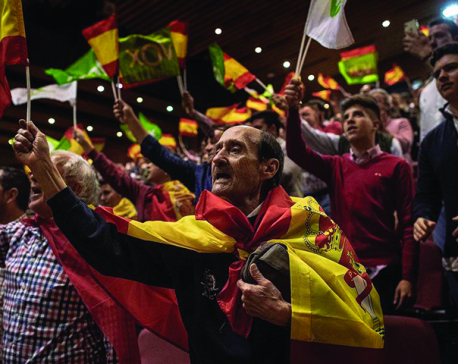
Spain’s political paralysis
Many in Madrid say that Spanish politics is becoming Italian, only without the Italians’ feats of political gymnastics ... Read More...

Mayday for protectionism
Whereas America built less than one million gross tons of ships between 2014 and 2016, South Korea and China produced a... Read More...
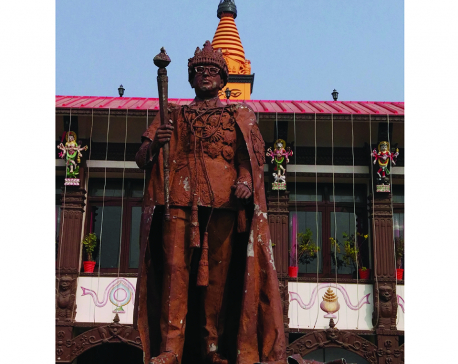
Genealogy of xenophobia
In a country burdened by ethno-nationalism, self-destructive jingoism and hubristic self-importance, the politics of prosperity is merely a façade... Read More...



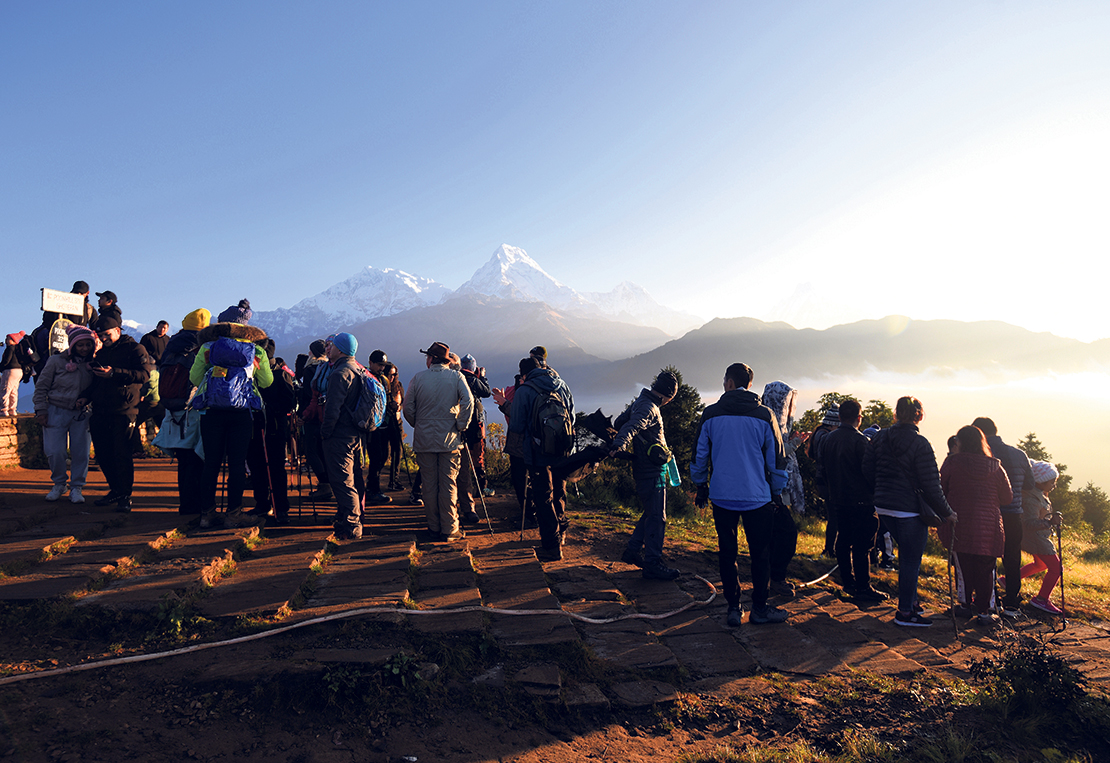

Just In
- Power supply to be affected in parts of Kathmandu Valley today as NEA expedites repair works
- Godepani welcomes over 31,000 foreign tourists in a year
- Private sector leads hydropower generation over government
- Weather expected to be mainly fair in most parts of the country today
- 120 snow leopards found in Dolpa, survey result reveals
- India funds a school building construction in Darchula
- Exploring opportunities and Challenges of Increasing Online Transactions in Nepal
- Lack of investment-friendly laws raises concerns as Investment Summit approaches







_20220508065243.jpg)


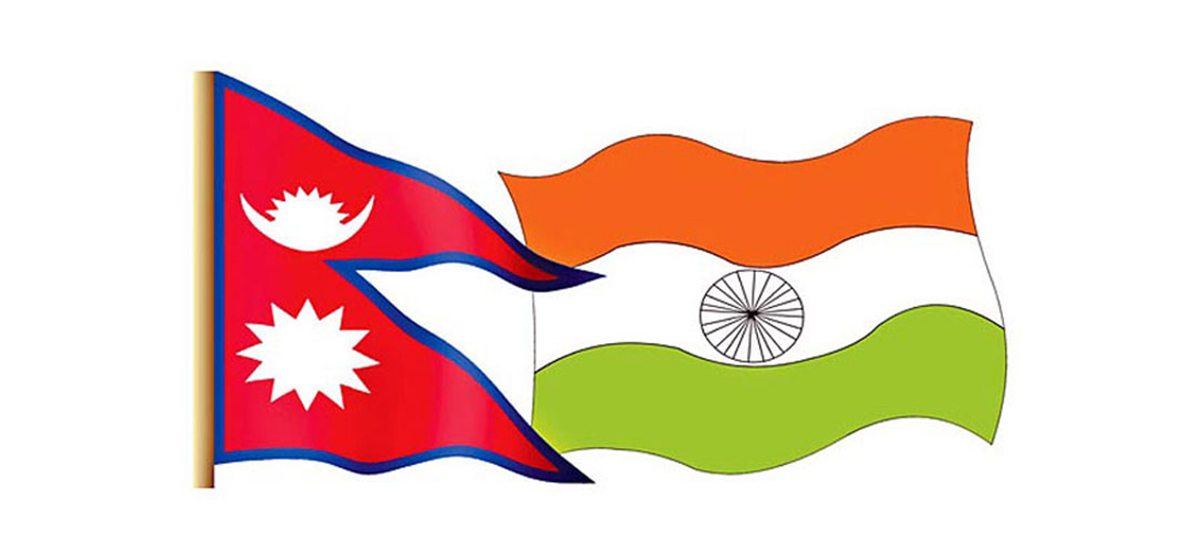

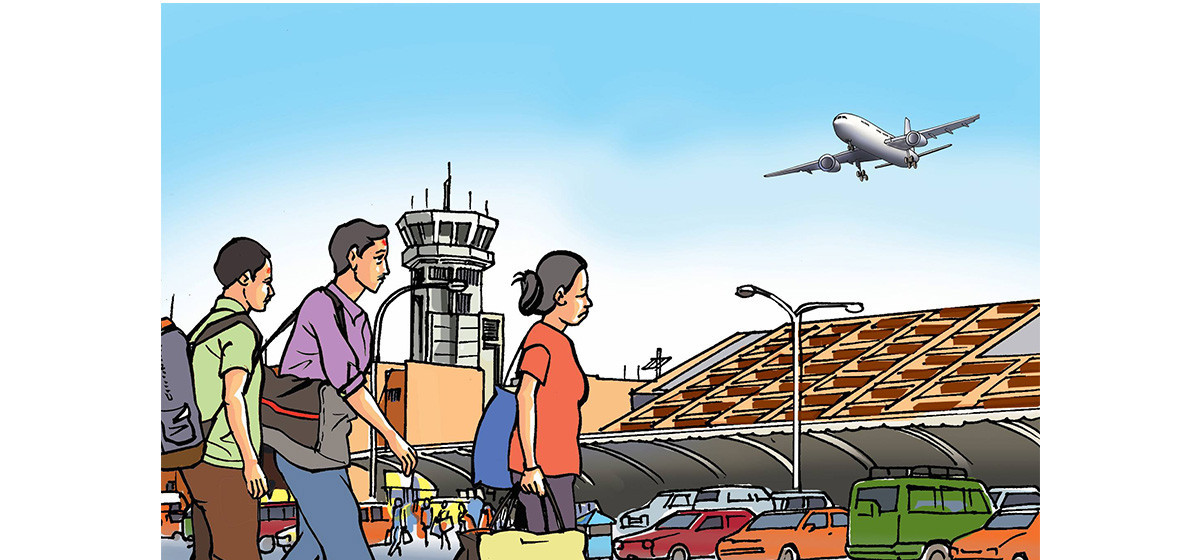
Leave A Comment